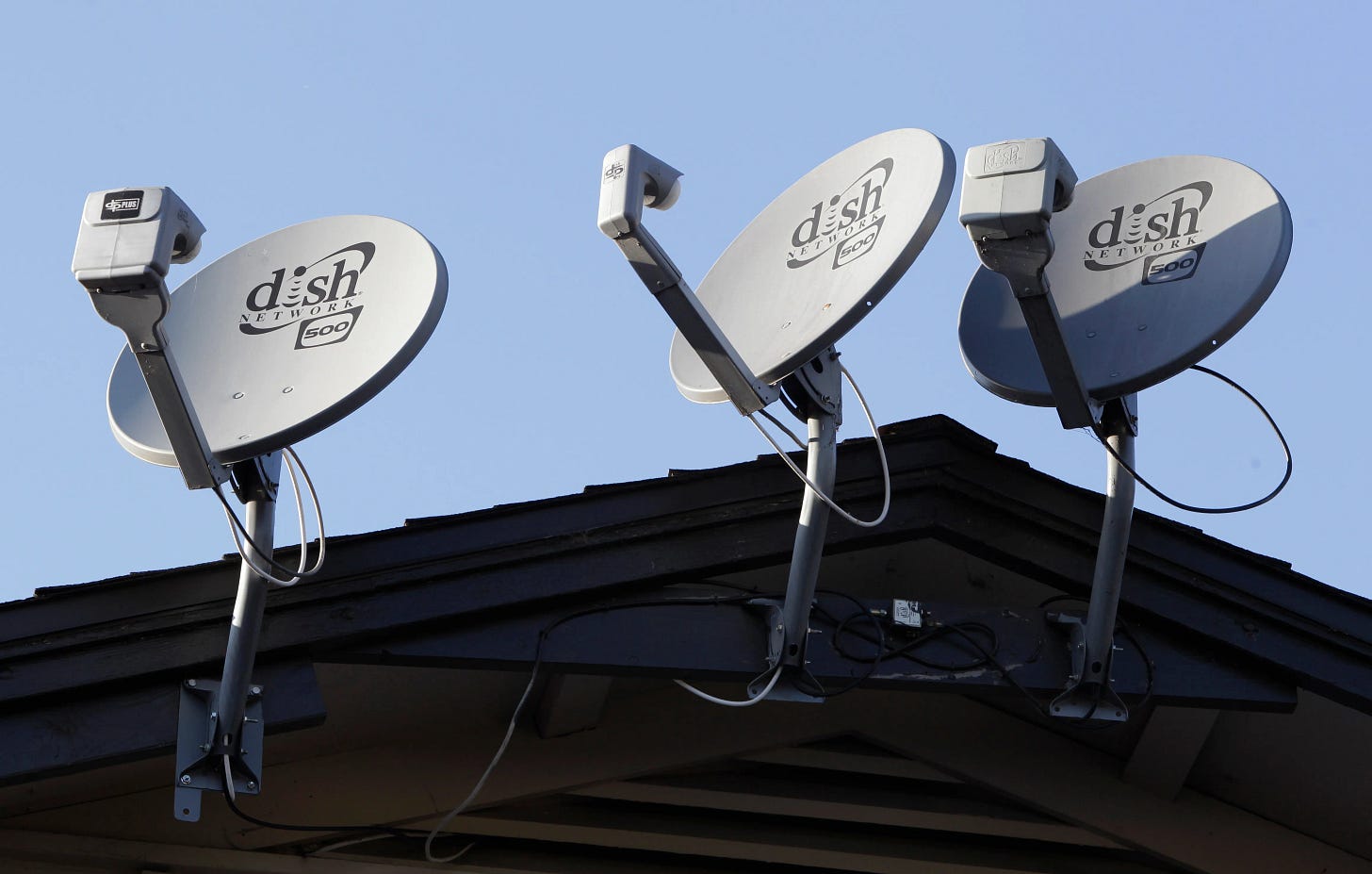D.C. Memo: EchoStar Wants FCC’s Delete Docket to Erase Retrans Blackouts
◾ White House EO/Memo Press Dereg Agenda ◾ Sen. Capito (R) Irked by NTIA's BEAD Reset ◾ Senate Confirms Meador for FTC, 50-46 ◾ Breezeline Down ~5K Broadband Subs ◾ NAB to FCC: Please Remain CALM
Video: Cable and satellite TV operators have wanted FCC action in this arena for a long time, decades probably. Now, with FCC Chairman Brendan Carr’s “Delete, Delete, Delete” docket a real thing and supercharged by a Trump White House with a robust deregulatory bent, pay-TV’s time could be right now. The issue? Retransmission consent. Yesterday, EchoStar Corp. urged the FCC to tweak its rules so that the company’s satellite TV division – DISH Network – may freely import a TV station from another market when it has been denied the right to distribute an in-market station of the same network. Example: If DISH is barred from carrying the in-market CBS station, it wants to distribute a CBS station from a distant market, ensuring no loss of CBS network programming – such as a marquee sporting event like this week’s Masters golf tournament. “Permitting the importation of a distant signal during blackouts is a simple way to protect consumers and restore balance to negotiations,” EchoStar executives Jeffrey H. Blum, EVP of External & Government Affairs; Alison Minea, Vice President of Regulatory Affairs; and Hadass Kogan, Vice President of Regulatory Affairs said in an April 10 filing in the FCC’s Triple Delete docket. TV stations owners are highly likely to resist EchoStar’s approach because importation of distant signals would damage their negotiating leverage. “To help delete the current prohibition [on distant signals], the [FCC] does not need to enact a new rule: broadcasters have the power to waive the distant signal restriction,” EchoStar said. The FCC could “accomplish this significant pro-consumer outcome by reminding broadcasters” that their refusal to grant a waiver could violate the legal obligation to bargain in good faith under “the totality of the circumstances standard,” EchoStar said. The consumer benefits would be substantial, EchoStar said, because the change would protect consumers and avoid any disruption in service. “Simply stated, in these circumstances, the local station effectively uses consumers as pawns,” EchoStar said.


